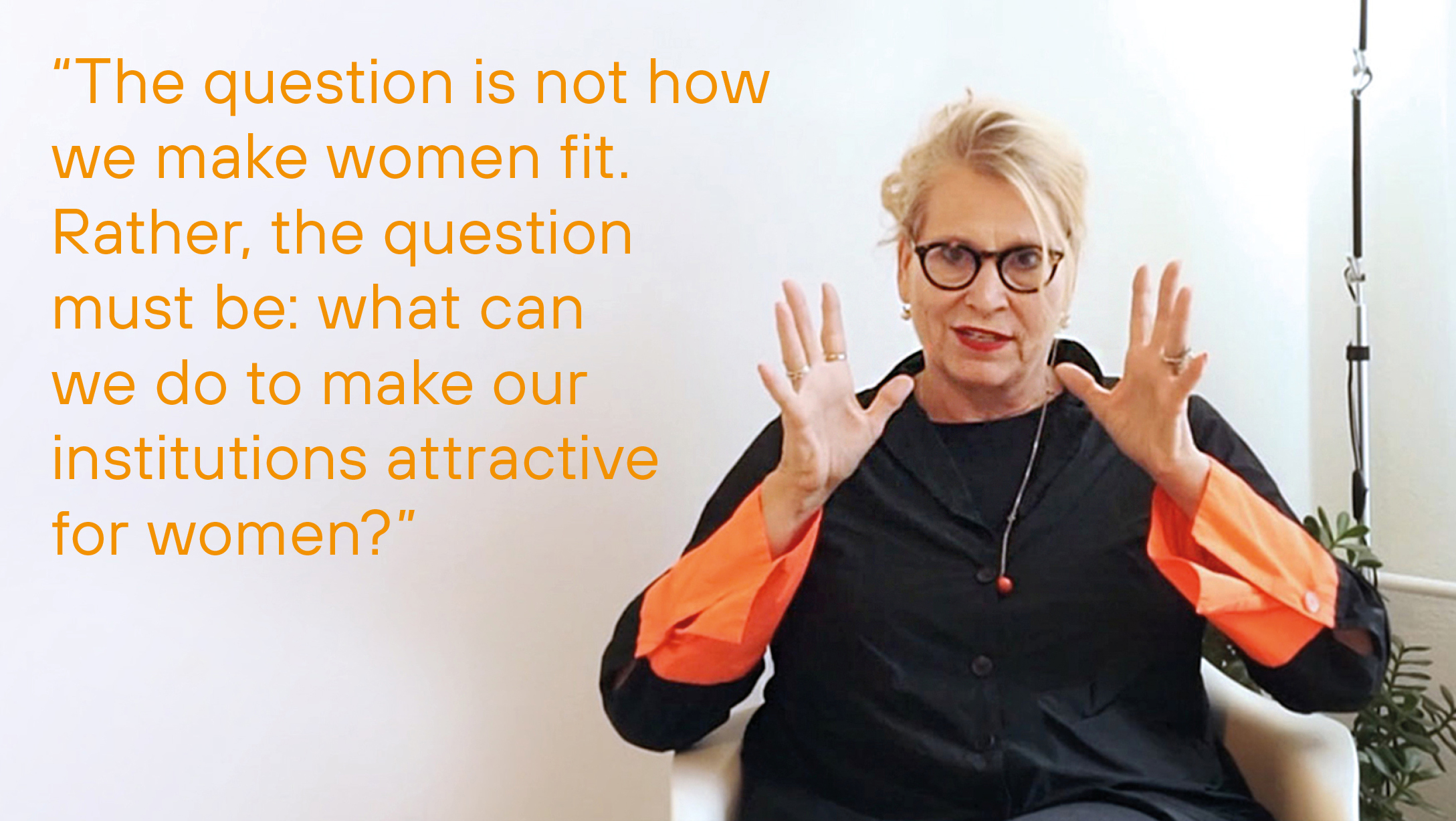When management positions are filled, the willingness to take risks factor is often an assumed indicator in favor of the male applicant: a current, continuing study result (Helena Fornwanger et al, University of Exeter) from behavioral economics points to a twist worth considering here: the risk-taking, competitive orientation and altruism of cis men, cis women and trans people are not as significantly different as previously thought. But “priming” (as an unconscious bias effect) does exist, the study finds for the participating students. This means that anyone who deals a lot with gender identities can – according to the study – be more oriented towards their own gender identity in their actions. Unconsciously.
We are also familiar with this as an occasional dilemma in our counseling practice, when on the one hand there is a concern to uncover social inequality along group affiliations and on the other hand the desire to overcome this with its “(re)stereotyping dangers”. Good reason for more spaces in organizations to identify areas of conflict, reflect and negotiate common values.







